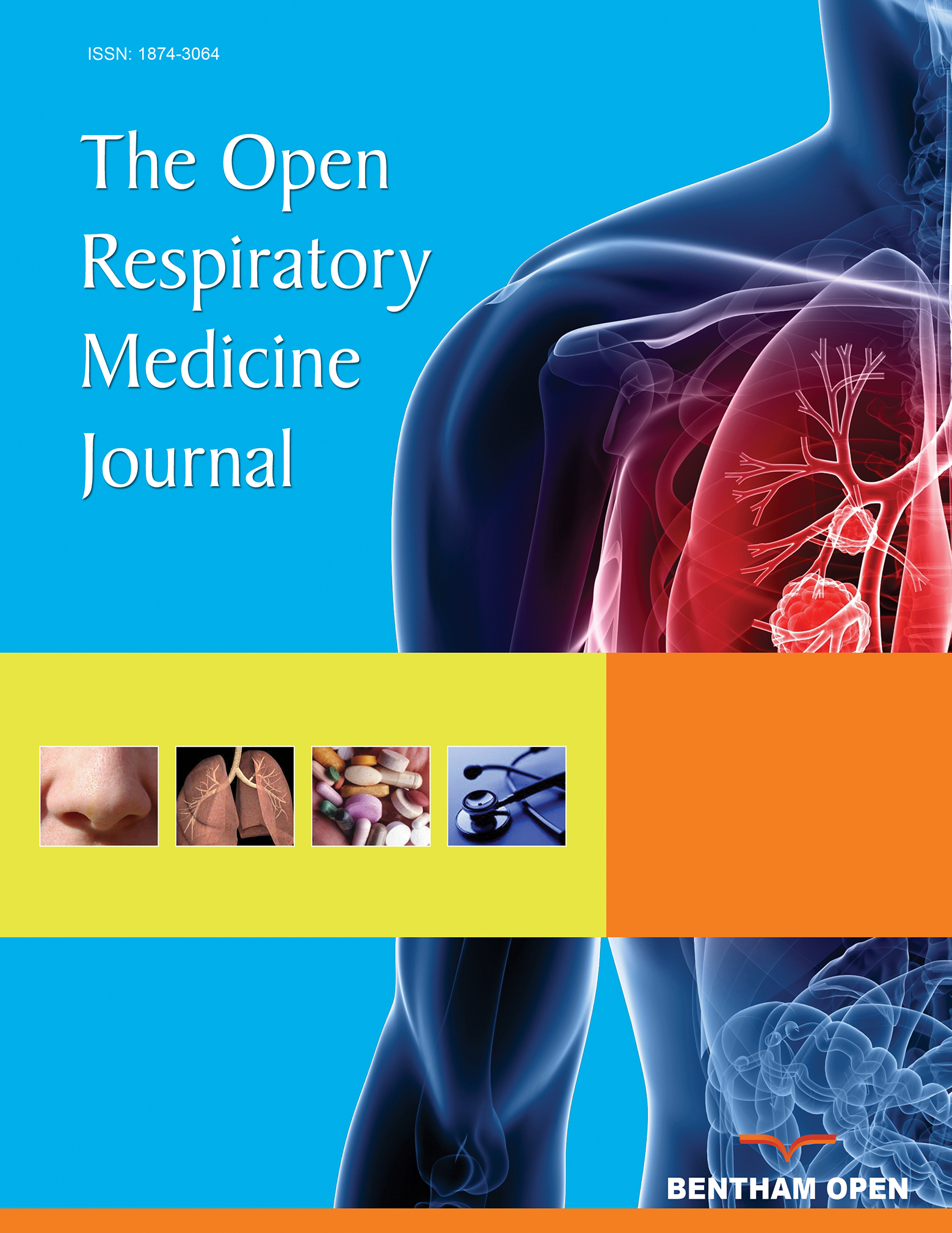All published articles of this journal are available on ScienceDirect.
The Inhibition of Superoxide Production by the Soluble Phase of Cystic Fibrosis Sputum
Abstract
Background
Cystic fibrosis (CF) lung disease is characterized by an infiltration of activated neutrophils. Oxidative radical formation and neutrophil proteases may interact with the components of CF airway secretions. This study examined the soluble factors in CF airway secretions (sol) and determined their effect on the production of superoxide radicals.
Methods
Neutrophils were isolated from three normal subjects. Each preparation of neutrophils can be used in several experiments on the same day of preparation. Using a standardized cytochrome c reduction method, the effect of pooled CF sol isolated from nine CF patients, on neutrophil superoxide production was studied.
Results
CF sol phase significantly attenuates the production of superoxide by phorbol stimulated control neutrophils in a time and concentration dependent manner. When CF sol is boiled, the inhibitory effect on superoxide was reversed. CF soluble heat labile factors clearly attenuated superoxide production, independent of elastase concentration. We conclude that the presence of heat labile soluble factors in CF sputum, serve to attenuate superoxide production by human neutrophils.


